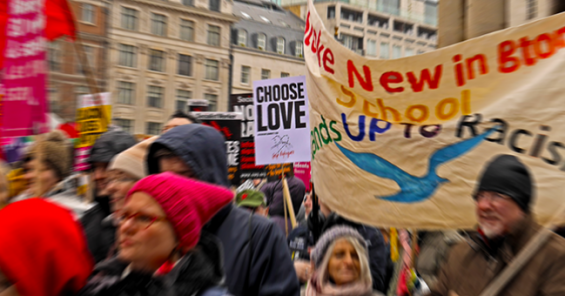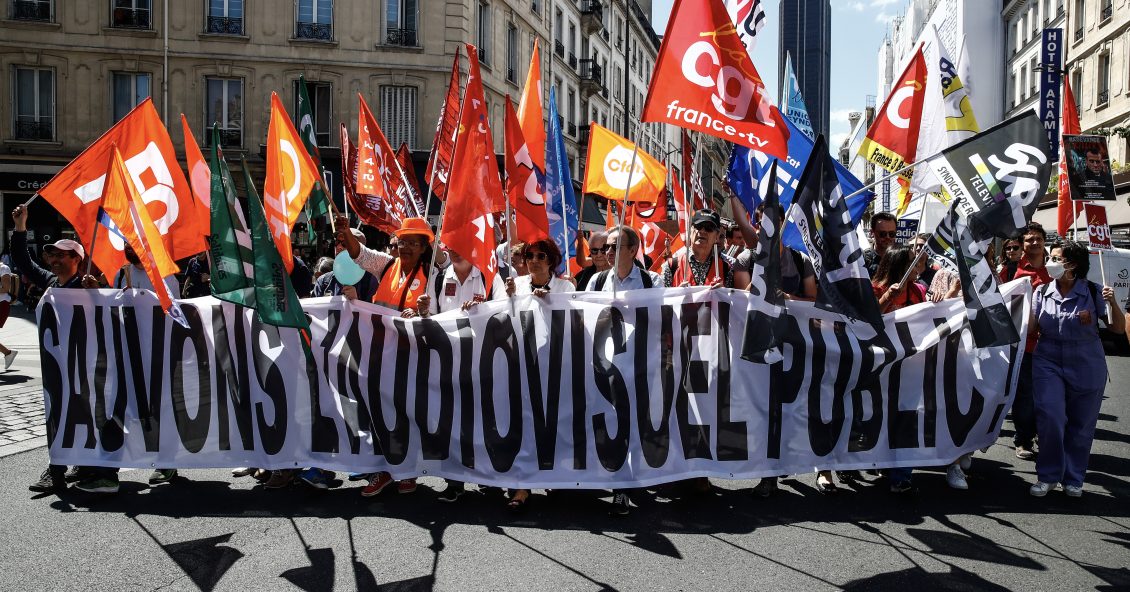photo: by Alan Denney CC BY-NC-SA 2.0
Coinciding with International Day for the Elimination of Racial Discrimination, the ITUC, of which UNI Global Union is a member, called for solidarity to stand up against the idealogy of racism.
“People are disenchanted with a model of globalisation that has put profit ahead of people. Some are looking to the far right for solutions, but history repeatedly tells us that this only leads to an escalation of hate. The Christchurch tragedy highlights its disastrous results, with working people ultimately paying the price. We join our voice to the global call of New Zealand Prime Minister Jacinda Ardern to combat the ideology of racism. The answer lies in building workers’ power to change the rules of the global economy. With solidarity we will win,” said ITUC General Secretary, Sharan Burrow.
“The world needs everyone’s talents, yet so many people’s opportunities are limited by prejudice and discrimination. Divide and conquer has forever been the approach of the powerful to subdue working people. Wealth concentration in the hands of a few is now off the charts, and we will not let divisive agitation distract us from keeping our focus on addressing growing inequalities. People progress has never been achieved on the terms of the elite. We will challenge discrimination at every corner. United we can turn the tide and put people, not corporate greed, back in the driving seat,” said Burrow.
Racialised people face discrimination in the world of work. Employers are discriminating against people of minority and ethnic backgrounds in recruitment, pay and in career progression. Occupational segregation sees people from racialised groups over-represented in jobs that are badly paid and with higher exposure to exploitation.
These are the most visible consequences of racial discrimination, but more insidious forms of racism are no less damaging. The psychological burden of being unjustly undermined at work has devastating effects on individuals and their families that are not easily captured by figures.
The structural role and impacts of racism also need urgent attention. Institutional racism affects the lives and opportunities of people by limiting their chances at school, employment prospects, representation in government and by exposing them to discriminatory treatment at the hands of law enforcement.
The ITUC unites 207 million working people of diverse racial, religious, sexual and national identities in the defence of their collective interests.


